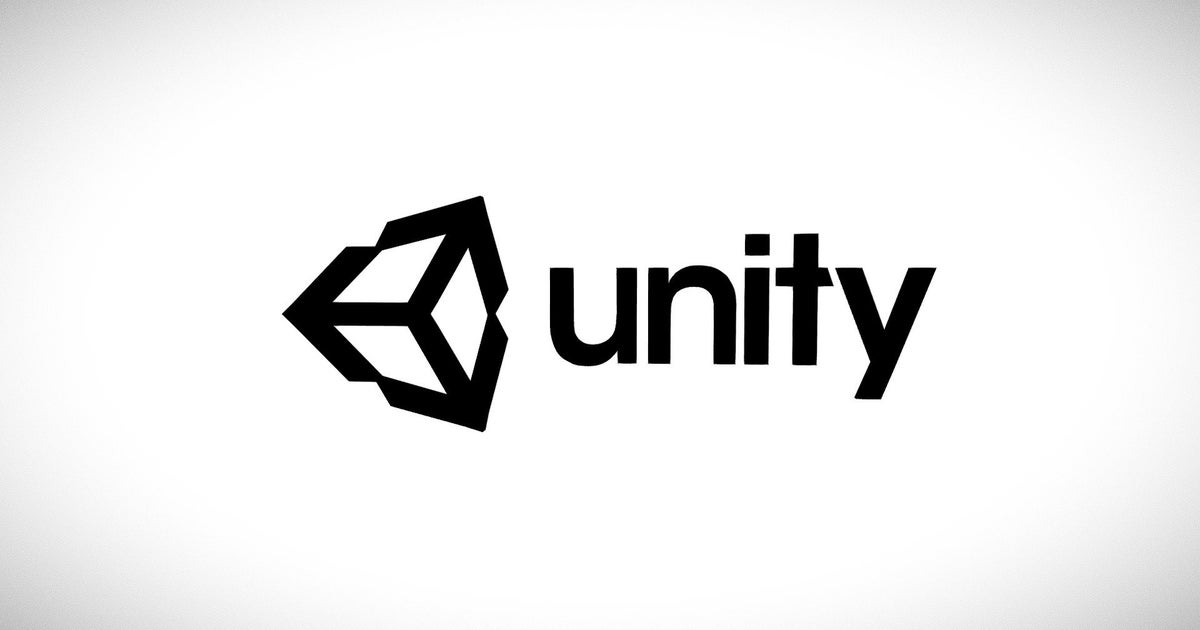Gaming
Unity is ditching their much-hated runtime fees effective immediately, a year after they infuriated basically every game developer

Unity has decided to scrap their controversial “runtime fees” and return to the “seat-based subscription model” effective immediately. This decision comes after consultation with the community, customers, and partners, and Unity CEO Matt Bromberg announced the cancellation of the Runtime Fee for games customers while non-gaming industry customers remain unaffected.
In a statement, Bromberg mentioned, “After deep consultation with our community, customers, and partners, we’ve made the decision to cancel the Runtime Fee for our games customers, effective immediately. Non-gaming Industry customers are not impacted by this modification.”
While the runtime fees have been eliminated, Unity will introduce other changes with the launch of Unity 6 later this year. Unity Personal will remain free, and the revenue cap for fee payment will double from $100,000 to $200,000. Additionally, in Unity 6, the “Made With Unity” splash screen will be optional. Changes to Unity Pro and Enterprise subscription pricing and revenue thresholds will take effect on January 1st, 2025.
Previously, Unity’s runtime fees charged developers for each game installation, typically around $0.20 per installation, retroactively applied to all games using the engine. This sparked controversy and led to developers like Innersloth, creators of Among Us, planning to move away from the platform due to the unpredictability and potential abuse of the fees.
Following the backlash, Unity clarified the changes by exempting Unity Personal users from the fees and allowing developers on older versions to maintain their existing terms. Despite these adjustments, concerns among developers persisted.
Shortly after the controversy, Unity CEO John Riccitiello retired, and Matt Bromberg took over as the new CEO in May. Bromberg described the changes as part of a plan to “become a fundamentally different company,” aiming to regain developers’ trust.
It remains to be seen if these changes will be enough to restore confidence among developers in Unity’s platform. Only time will tell if Unity can successfully navigate this transition.
-

 Destination8 months ago
Destination8 months agoSingapore Airlines CEO set to join board of Air India, BA News, BA
-

 Breaking News10 months ago
Breaking News10 months agoCroatia to reintroduce compulsory military draft as regional tensions soar
-

 Gadgets3 months ago
Gadgets3 months agoSupernatural Season 16 Revival News, Cast, Plot and Release Date
-

 Tech News12 months ago
Tech News12 months agoBangladeshi police agents accused of selling citizens’ personal information on Telegram
-

 Productivity11 months ago
Productivity11 months agoHow Your Contact Center Can Become A Customer Engagement Center
-

 Gadgets3 weeks ago
Gadgets3 weeks agoFallout Season 2 Potential Release Date, Cast, Plot and News
-

 Breaking News10 months ago
Breaking News10 months agoBangladesh crisis: Refaat Ahmed sworn in as Bangladesh’s new chief justice
-

 Toys12 months ago
Toys12 months ago15 of the Best Trike & Tricycles Mums Recommend






















